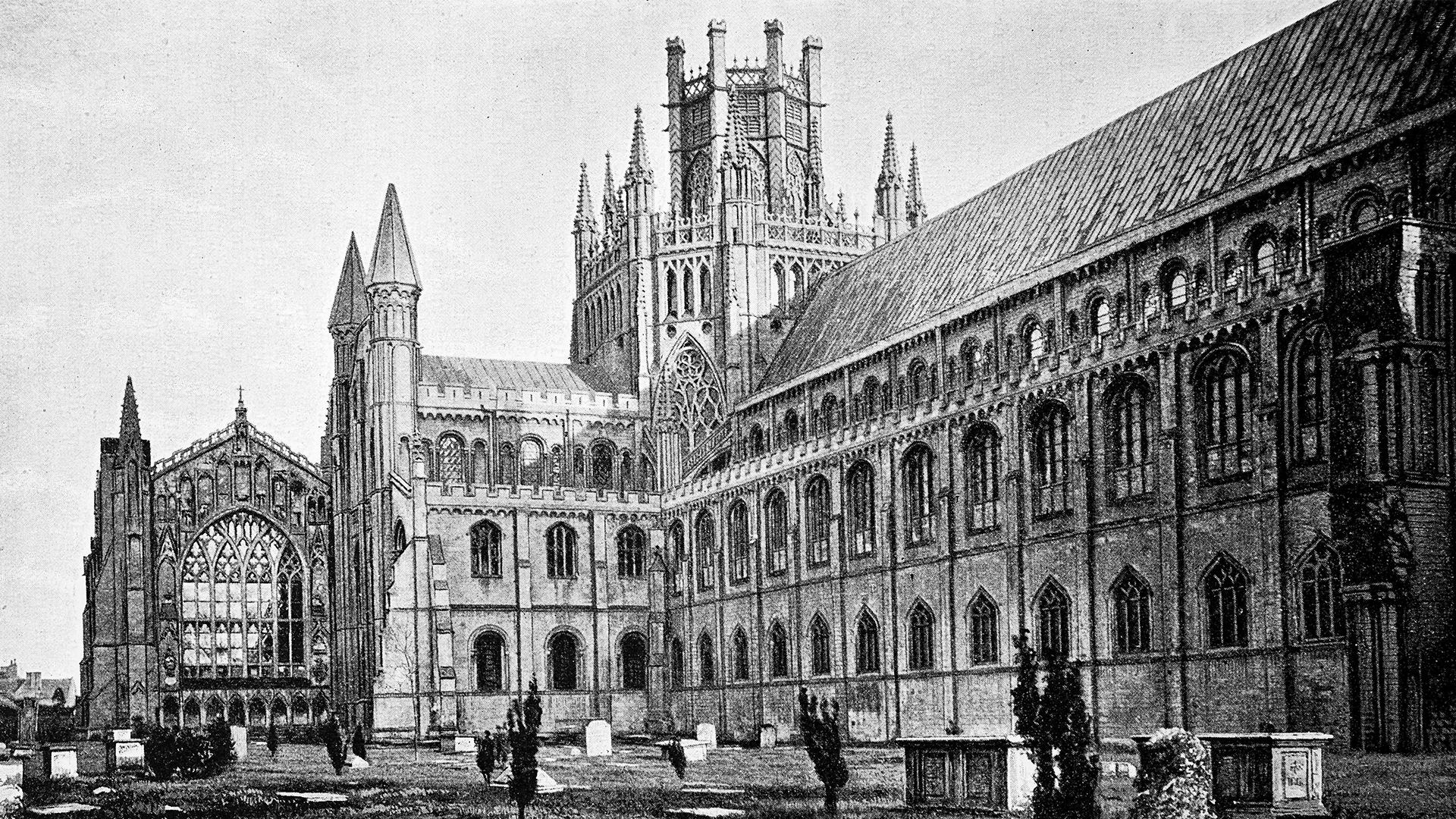I take an early morning train from Norwich to Liverpool, a five-hour trip through an interesting set of historical cities, towns and landscapes. In the last few weeks, I have made this journey twice: once to speak at a fringe meeting at the Labour Party Conference, and then to speak at a conference about the work of Michael Marmot that got a good spread in a recent Big Issue. During both visits I attempted to explain the need to have joined-up thinking around bigissue.com/social-justice and social opportunity.
The train passes through Thetford, a small town surrounded by a man-made forest created after the First World War to address the stripping of wooded England in the war effort. It is the birthplace of Thomas Paine, who was a campaigner for democracy and a key figure in the American Revolution. A man I liked when I first saw a picture of him because he had a big nose – an appendage I grew by the fights in my early years – but henceforth I loved him as I found myself drawn into the political maelstrom of the late 1960s.
Ely, next, has the most beautiful of cathedrals that sits above the small city and its marina on the river Cam that flows south to Cambridge. It is a place untouched by modernity, apart from the Tesco by the station which, until recently, had a great cafe. Walk the streets of Ely and yes, you’ll find your chain shops and charity shops, but what a vibrant and lovely town.
Then Peterborough, also with a fine cathedral, but it is a Midland city full of the grim reminder of homelessness and street drinking that has spread outward, seemingly from London, in the 34 years of Big Issue’s life. Here, wretchedness and poor mental health are found in among the shoppers and tourists.
Read more:
- The number of homeless deaths is an entirely preventable tragedy. What are we doing?
- The only way forward is to split the poverty atom
- How government inaction is radicalising Britain
If you get off the train at our next stop, you will find a relatively lifelike sculpture of a woman who, in many ways, has had the biggest postwar influence over our lives. Margaret Thatcher was born in Grantham above a shop where she learned much of the thinking that she took into government.









